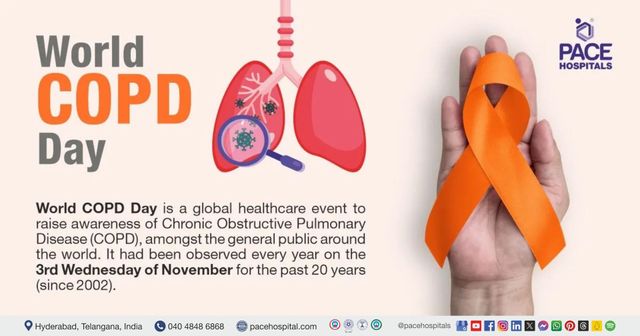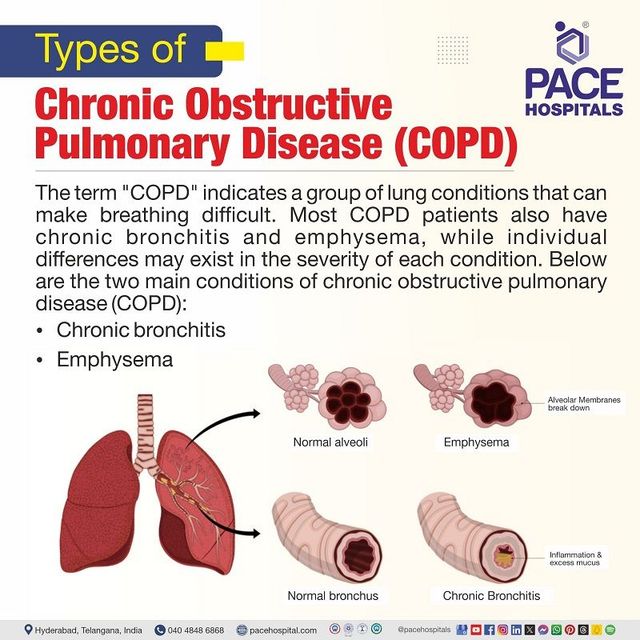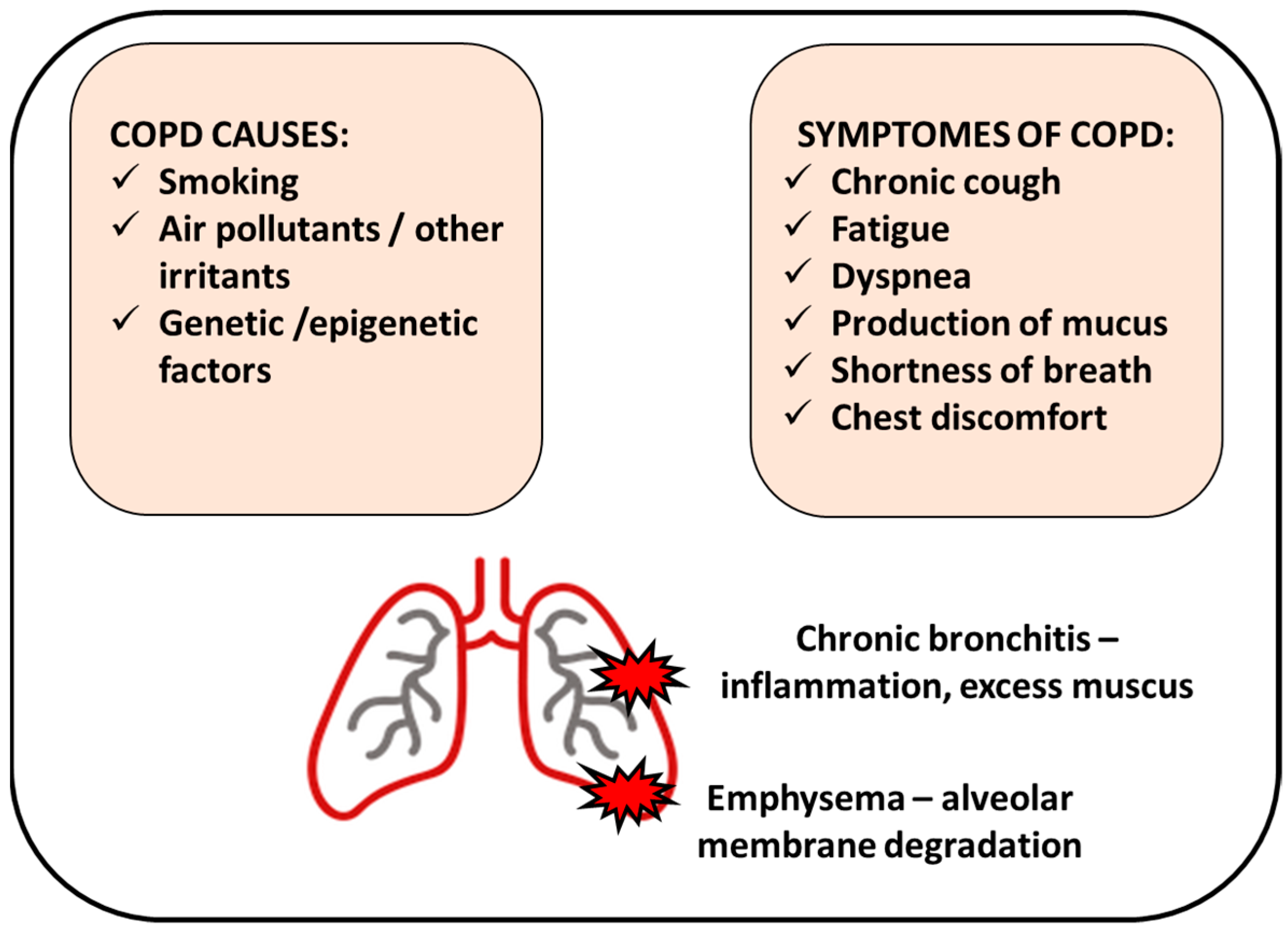All Categories
Featured
Table of Contents
Think of taking a deep breath of fresh air, really feeling invigorated and revitalised. Now envision the battle of wheezing for air as a result of inflamed lungs, really feeling tired out and distressed. Lung swelling can significantly influence one's lifestyle, however luckily, there are a lot of natural home remedy to remove the lungs and help minimize the problem.

Keep reading to uncover the root causes of lung inflammation, tell-tale signs, and all-natural lung detoxification techniques. Discover the power of food in lowering swelling and the clinical therapies available for more serious instances. Take a deep breath, and let's begin the journey to comprehending lung inflammation and just how to cleanse your lungs.
The vital wrongdoers include: Infections from infections, bacteria, and fungis can stealthily infiltrate your lungs, prompting inflammation. Pneumonia, as an example, is a notorious transgressor, as it is frequently triggered by bacterial infections that irritate the lungs' delicate tissues. Allergens like pollen, mould, and dirt mites might seem safe, however they can prompt allergies that stir up lung swelling.
Breakthrough support for Anti-inflammatory Diet For Copd with natural methods

Chronic lung inflammation can cast a shadow of exhaustion and sleepiness over one's life. This unrelenting exhaustion may seem unrelated to the lungs, yet it can be a significant indication that the breathing system is under anxiety. A whistling sound when breathing, the majority of noticeable throughout exhalation, can be a veiled indication of lung swelling.
The use of aromatic natural herbs and important oils can be a soothing and healing addition to your lung detoxing routine. Vital oils like eucalyptus, pepper mint, and rosemary oils have substances like cineole and menthol, which possess anti-inflammatory and expectorant buildings. You can attempt including a few decreases of these necessary oils to a bowl of warm water and inhaling the vapor to assist clear nasal passages and ease blockage.
Take a sluggish, deep breath with your nose, permitting your diaphragm and stomach to increase and hold it for 2 to 3 secs. By repeatedly involving in an intentional, forceful exhalation, you can dislodge mucous and entraped irritants from your airways, promoting clearer breathing and minimizing inflammation.
By taking in heavy steam, you can help loosen up and thin mucous, making it easier to remove through coughing. This process can additionally reduce nasal blockage and improve overall respiratory system function. When integrated with great smelling allies like eucalyptus or peppermint oil, heavy steam inhalation can give extra anti-inflammatory advantages to more support lung wellness.
Breakthrough support for Supplements For Lung Health with natural methods

Based on this details, you can carry out the essential changes through diet plan and supplements to favorably influence your organic age and relieve any type of devastating concerns connected with persistent swelling.
It belongs to traditional Chinese medicine and is widely available in the U.S. It's been researched for numerous conditions, however there hasn't been much study on its use for COPD. Acupuncture can be useful when managing COPD. (Photo credit history: Digital Vision/Getty Photos) It can assist with quality of life when given up enhancement to basic COPD treatments, according to a Chinese research study.
Those that obtained the actual acupuncture treatments had much less lack of breath after walking for 6 minutes. They likewise reported much better lifestyle than those that obtained the sham needle treatments. If you make a decision to attempt it, ask the practitioner about their qualifications and experience. Strategy on having several sessions.
Table of Contents
Latest Posts
Does lifestyle impact How To Improve Lung Function and what experts are saying
Understanding COPD in seniors Supplements For Lung Health
Leading wellness practices for Managing Copd Flare-ups after retirement
More
Latest Posts
Does lifestyle impact How To Improve Lung Function and what experts are saying
Understanding COPD in seniors Supplements For Lung Health
Leading wellness practices for Managing Copd Flare-ups after retirement